By Steve Schear
One of my organizer friends recently told me that some canvassers in Pennsylvania came away unhappy with their experience. The reason? They found a lot of Democrats at the doors who were already voting for Harris, so they felt their time was not well used.
As we move from persuasion to GOTV, canvassers will be sent to a lot more Democratic doors to make sure our people vote. But you can increase the value of those conversations with certain approaches.
When someone at the door says they are voting for Harris, canvassers often just say something like, “That’s great,” mark their Mini-Van, and move on. When I get that answer, here’s what I do:
Ask Them to Volunteer
“That’s great. Can you volunteer to help Harris win? This election is super important. Trump is really unhinged and dangerous. We could use your help.”
Most of the time, the person says they are too busy. But if you meet a willing volunteer, make sure you get their phone number and note it, with name and address, on your phone or on paper. Then give it to an organizer when you finish your canvass. You can’t rely on putting data into MiniVan and just hoping someone will retrieve it later.
Local volunteers are golden. A good campaign will follow-up to get them to organize their neighborhood. And a really good campaign will try to get them to volunteer again in 2025 or 2026.
Commit to Relational Organizing
With Dems who don’t want to volunteer, I say something like, “I understand you are too busy to volunteer like I do. But you can still help a lot by getting your friends, families, co-workers and anyone you know who will vote Democratic to vote.”
“Sure, I’ll do that,” most say. It’s easy to agree and it makes them feel good. But most people probably won’t follow through because they don’t understand the importance of “relational organizing.”
Why Relational Organizing Is So Important
After I get an affirmative response to my relational organizing request, I don’t stop there. I explain why it’s so important that they do so in their city or town. For example, in Milwaukee, I said, “Turn-out in Milwaukee was really, really lousy in both 2020 and 2022. We need to increase the turn-out here by thousands to make sure Kamala wins. Can we count on you to talk to friends and family about how important it is to vote? Kamala really needs to win Wisconsin if we are going to keep Trump from being president.”
Encourage Down Ballot Voting
In Tucson, I told Dems: “Your vote can help us take the State House and Senate and hold the state legislature for the first time in 60 years. And your vote will also help win a Congressional seat, a U.S. Senate seat, the White House, and the right to abortion. So it’s super important that you get the word out to your friends and family that they need to vote Democratic all the way down the ballot.”
When canvassing out of state, I sometimes add, “I came all the way from California to knock on your door. Because your vote is so important.”
Wherever you are canvassing, you can link the importance of what is happening locally to the importance of relational organizing and down ballot voting. There’s no guarantee that the voter will follow through, but explaining the critical need for these tactics will increase the odds that they use them.
Ask about a Lawn Sign
If your campaign has lawn signs, ask every Dem to put one in their yard. Lawn signs demonstrate popular support for Dem candidates and convey a sense of enthusiasm that helps motivate neighbors to vote and to speak out in support of Dems. It’s an easy thing for people to do and you might be surprised at how many agree.
Ask About Their Plan to Vote
Most campaigns will want you to ask people about their “vote plan.” Campaigns may also want you to encourage voting by mail or early in-person, or both. If voters intend to vote early or by mail, encourage them to get friends and family to do the same. Early voting helps us focus on the remaining eligible voters and helps a lot with GOTV efforts.
Follow Campaign Scripts, But Not Religiously
At this stage of the election, most campaigns will have specific questions they want answered. Always try to meet the campaign’s needs, but you don’t need to follow the script exactly. The most important thing when talking with Dems is to convey a sense of enthusiasm for Harris and other Dems. By asking for more than just their votes, we can build a sense of Democratic Party belonging and loyalty. We can also expand the number of volunteers we have not just this year, but for 2026 and 2028 as well.
In short, canvassing Dems can be just as rewarding as any other canvassing, if you make the most of your opportunities.



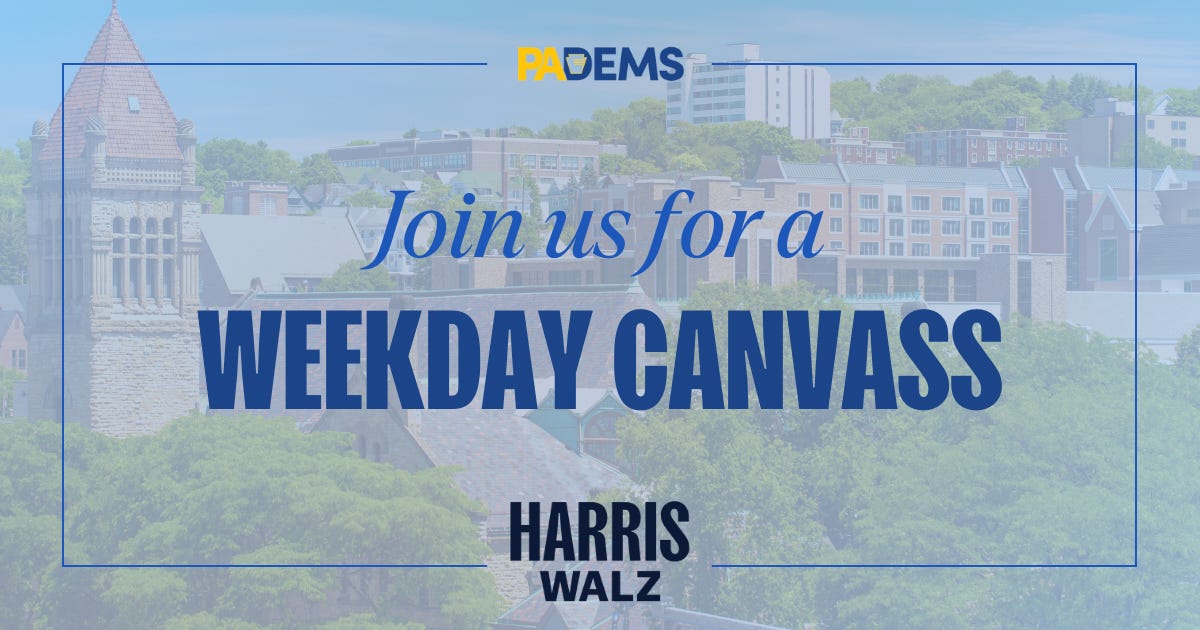
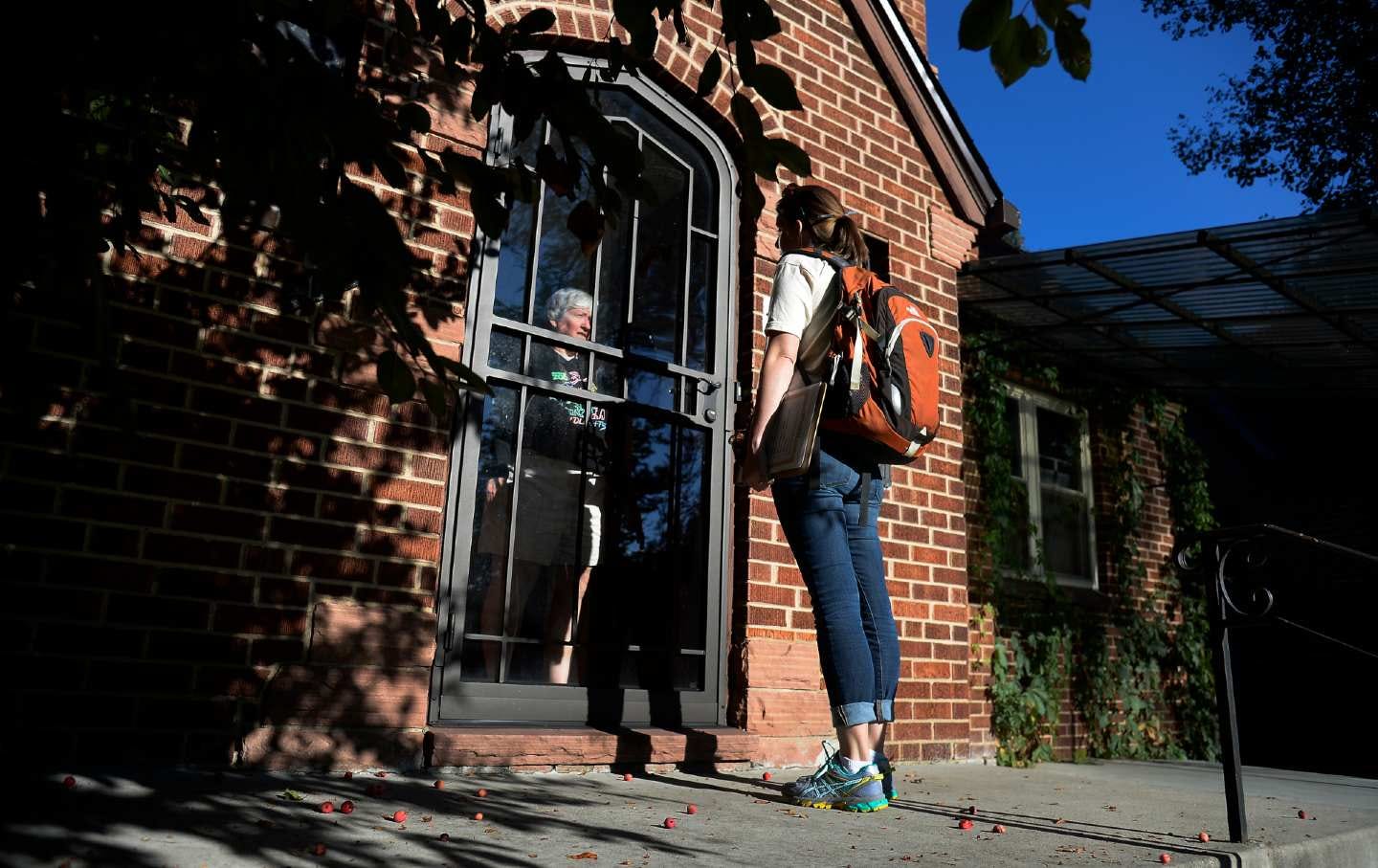
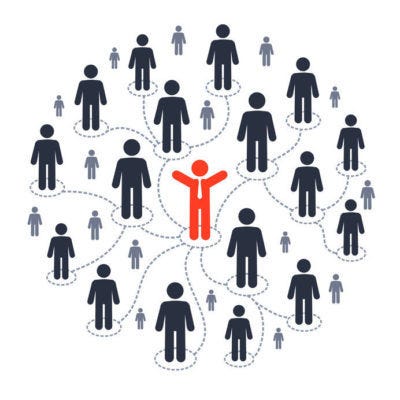
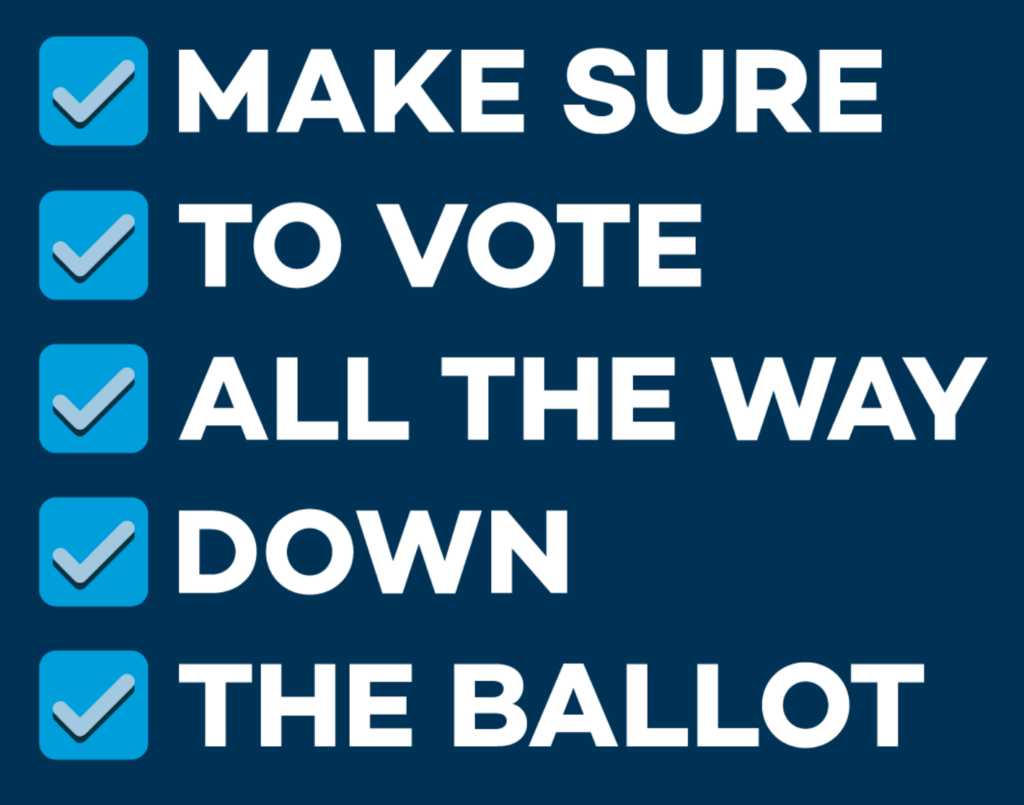
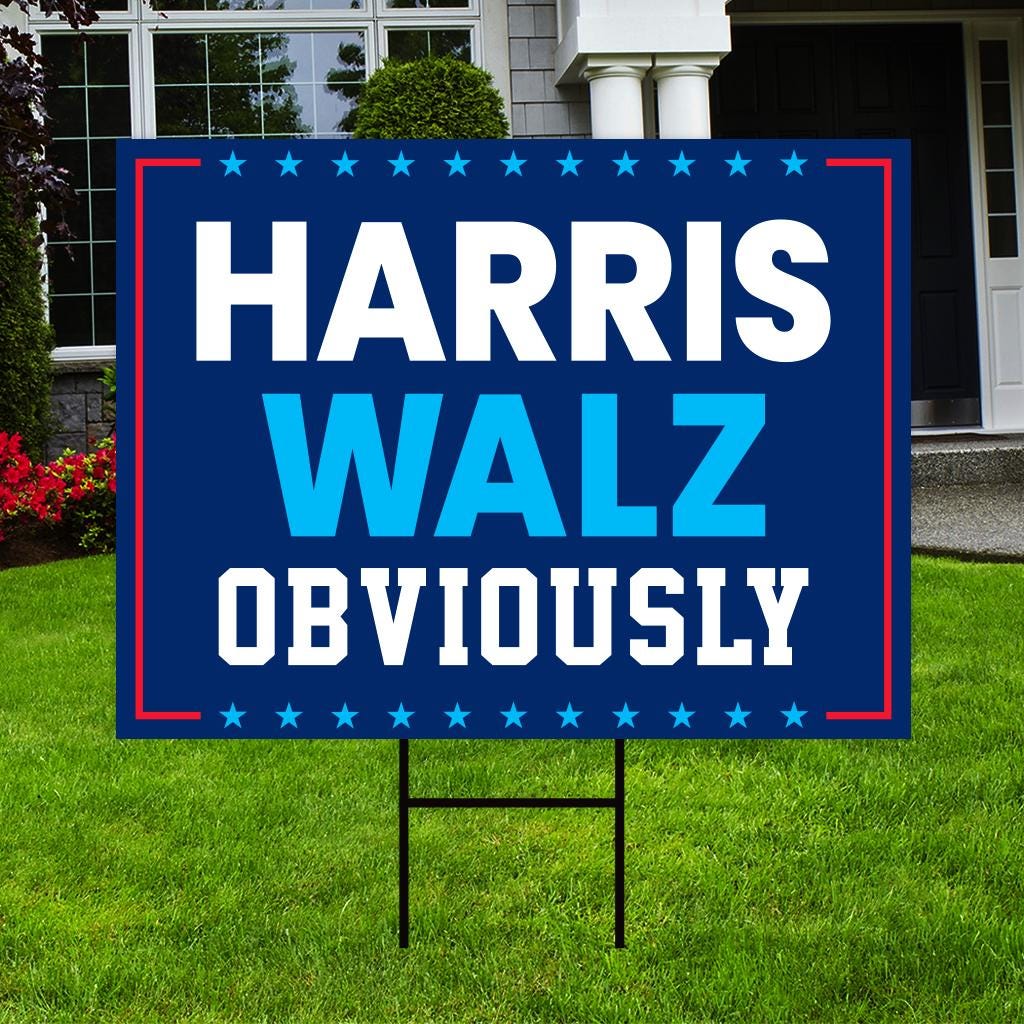
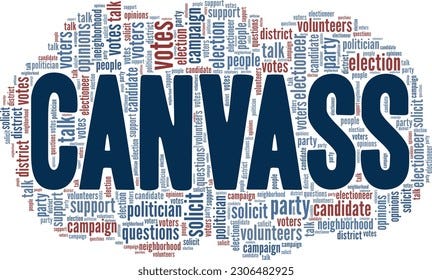
Thanks for pointing out that "I'm voting for Harris" is the start, not the end, of a canvassing conversation. So true! But I make "How do you plan to vote?" the very next thing, before I get into volunteering or yard signs. We want to make sure the intention to vote turns into an actual vote. Most people know where their polling place is, but a few do not; it's in MiniVAN under "Details," but I also keep GoogleMaps open on my device, showing the location. If the person plans to vote by mail, I talk about how to return the ballot (inside the secrecy envelope, which goes inside the mailing envelope) and urge them to put it in the mail right away. If they want to vote early in person, I let them know the location and deadline. (The website iwillvote.com is useful for this.) It's important to know the voting rules and procedures of the jurisdiction you're canvassing in. They can be complex, and many people are grateful for the help.
Committed Harris voters know one thing that's not in the voter data: who needs an absentee ballot.
People working away from home, students at school, people away in military service - they need absentee ballots, but only friends and family may know how to reach them to remind and GOTV. A strong committed voter will probably be glad to reach out to them but may not have thought of it.